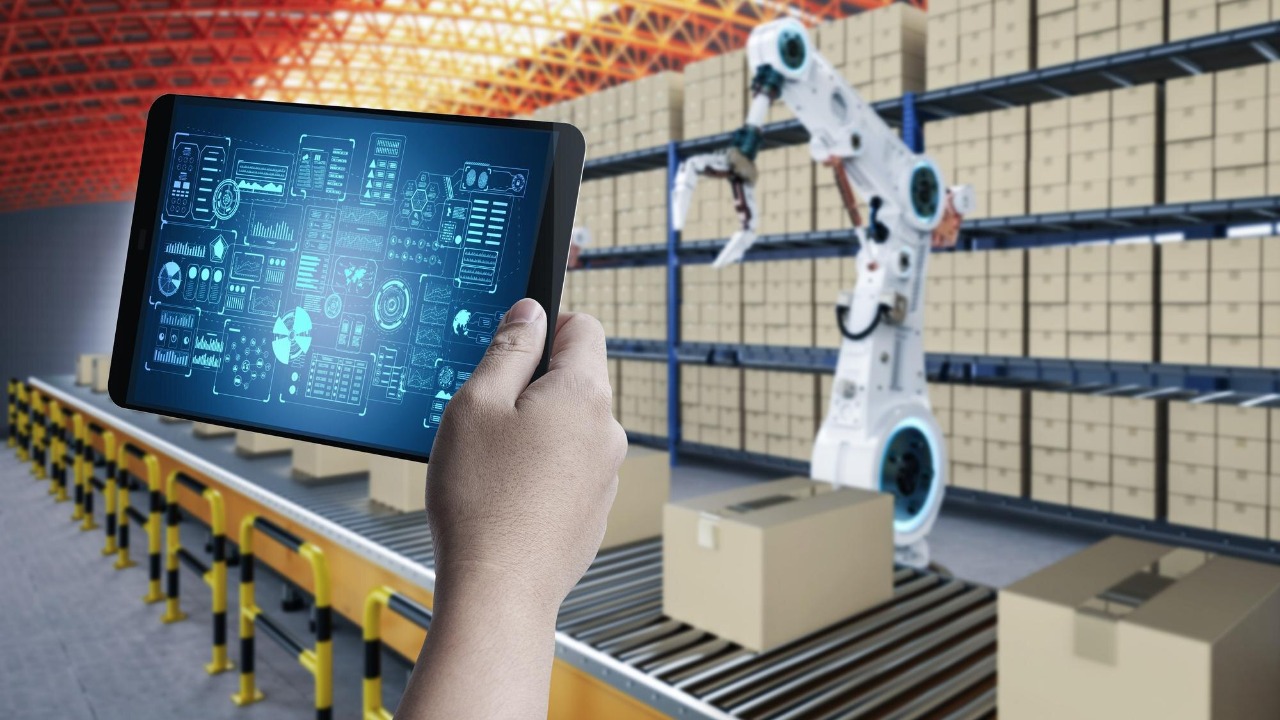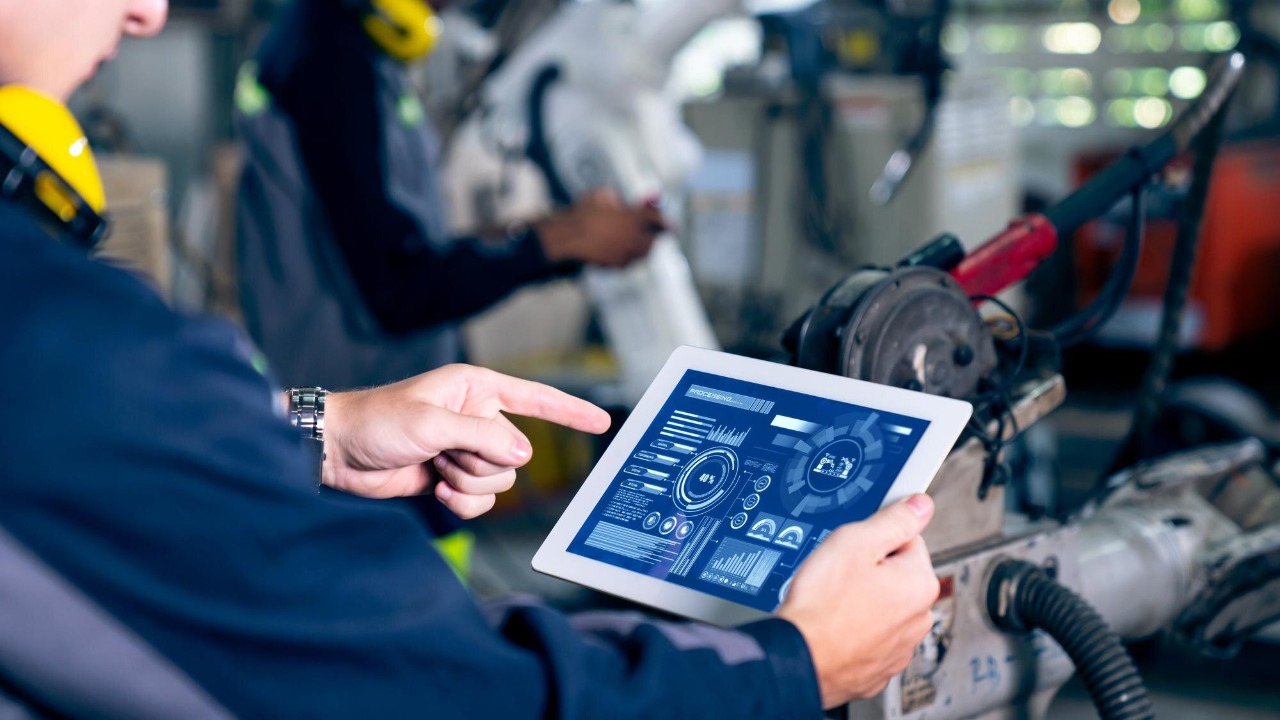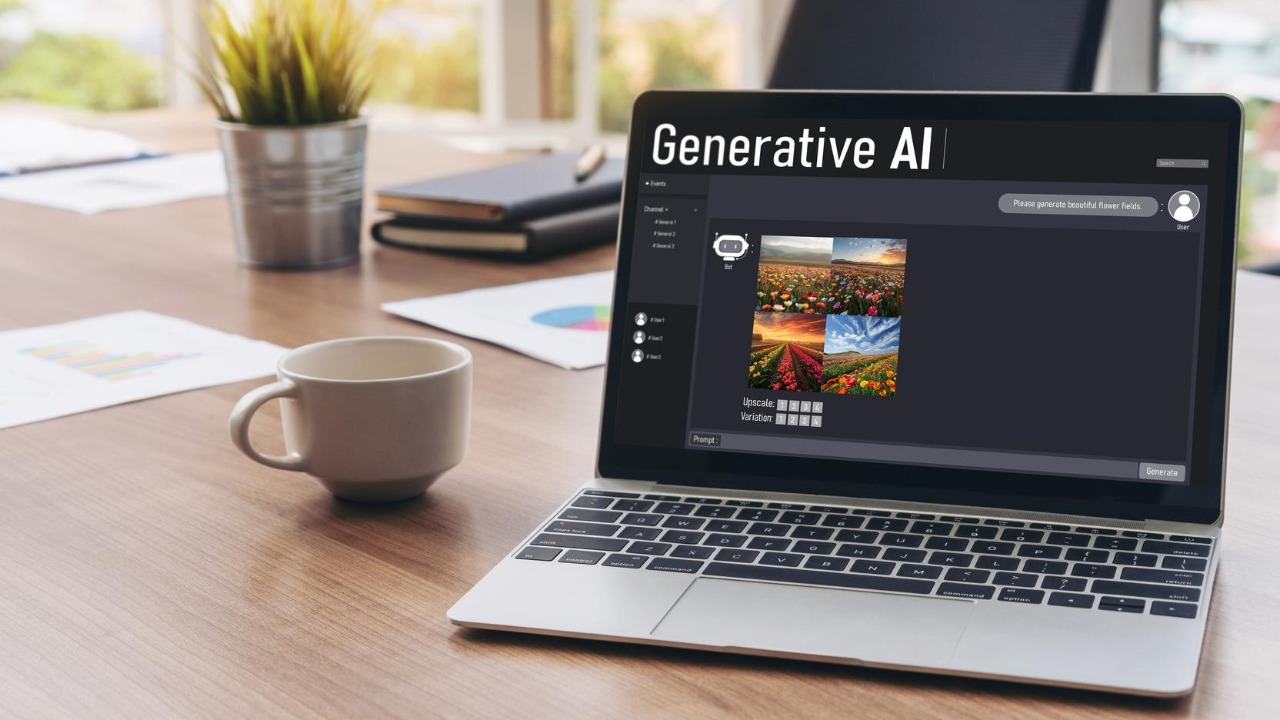
Artificial Intelligence (AI) is rapidly transforming the landscape of employment across various industries. As technology continues to evolve, many jobs are at risk of being replaced or significantly altered by AI-driven solutions. Here are seven ways AI may impact your current job role.
1. Automation of Routine Tasks

AI excels in handling repetitive and mundane tasks that require little to no human intervention. By automating these routine processes, businesses can streamline operations and reduce costs. For example, data entry and transaction processing can be efficiently managed by AI, minimizing the need for human involvement. While this boosts productivity, it also means that jobs primarily focused on repetitive tasks are at risk of becoming obsolete.
Furthermore, AI-driven automation doesn’t just stop at clerical work. In manufacturing and other sectors, robots and intelligent systems are taking over assembly lines, performing tasks with precision and speed that humans can’t match. These advancements could lead to significant reductions in labor demand within these industries.
2. Advanced Data Analysis

The ability of AI to analyze vast amounts of data quickly and accurately is revolutionizing how businesses make decisions. AI algorithms can identify patterns and trends that are invisible to the human eye, providing insights that drive strategic planning. This capability is particularly valuable in industries like finance, healthcare, and marketing.
As AI continues to improve in data analysis, professionals whose primary job is to interpret data may find their roles evolving. They will need to shift from data crunching to focusing on strategic decision-making and leveraging AI insights to guide business strategies.
3. Enhanced Customer Service Solutions

Customer service is one area where AI is making a notable impact. Chatbots and virtual assistants are increasingly handling customer inquiries, providing 24/7 support without the need for human intervention. These AI solutions can quickly resolve common issues and escalate more complex problems to human agents, improving efficiency and customer satisfaction.
While AI enhances customer service, this shift may reduce the demand for entry-level customer service representatives. Employees in these roles may need to adapt by developing skills in managing AI tools and focusing on complex customer interactions that require a human touch.
4. Streamlined Supply Chain Management

AI technologies are optimizing supply chain management by improving demand forecasting, inventory management, and logistics. With AI, companies can predict demand more accurately, reducing waste and improving the efficiency of their supply chains. This optimization leads to cost savings and better resource allocation.
However, as AI takes on more responsibilities in supply chain operations, jobs that involve manual tracking and logistics planning might decline. Professionals in this field will need to focus on strategic planning and oversight, ensuring that AI systems align with business goals.
5. Improved Predictive Maintenance

In industries reliant on machinery and equipment, predictive maintenance powered by AI is becoming a game-changer. AI systems can monitor equipment performance in real-time, predicting failures before they occur and scheduling maintenance proactively. This reduces downtime and extends the lifespan of machinery.
While this technology increases efficiency, it may also affect jobs in maintenance and repair. Workers in these roles will need to adapt by learning how to work alongside AI systems, focusing on tasks that require human expertise and oversight.
6. Personalized Marketing Strategies

AI is transforming marketing by enabling highly personalized and targeted strategies. By analyzing consumer data, AI can predict buying behavior and tailor marketing messages to individual preferences. This capability allows businesses to engage customers more effectively and improve conversion rates.
As AI takes on more marketing responsibilities, traditional marketing roles may evolve to focus on strategy development and creative thinking. Professionals will need to leverage AI insights to create compelling campaigns that resonate with target audiences.
7. Sophisticated Content Creation and Curation

AI is increasingly capable of generating and curating content, from news articles to social media posts. AI tools can produce content quickly and consistently, helping businesses maintain a strong online presence. This technology also assists in curating content by analyzing user preferences and recommending relevant material.
While AI enhances content creation, it may impact jobs in journalism, copywriting, and editing. Professionals in these fields will need to focus on tasks that require a human touch, such as storytelling, creative strategy, and ensuring content aligns with brand voice and values.